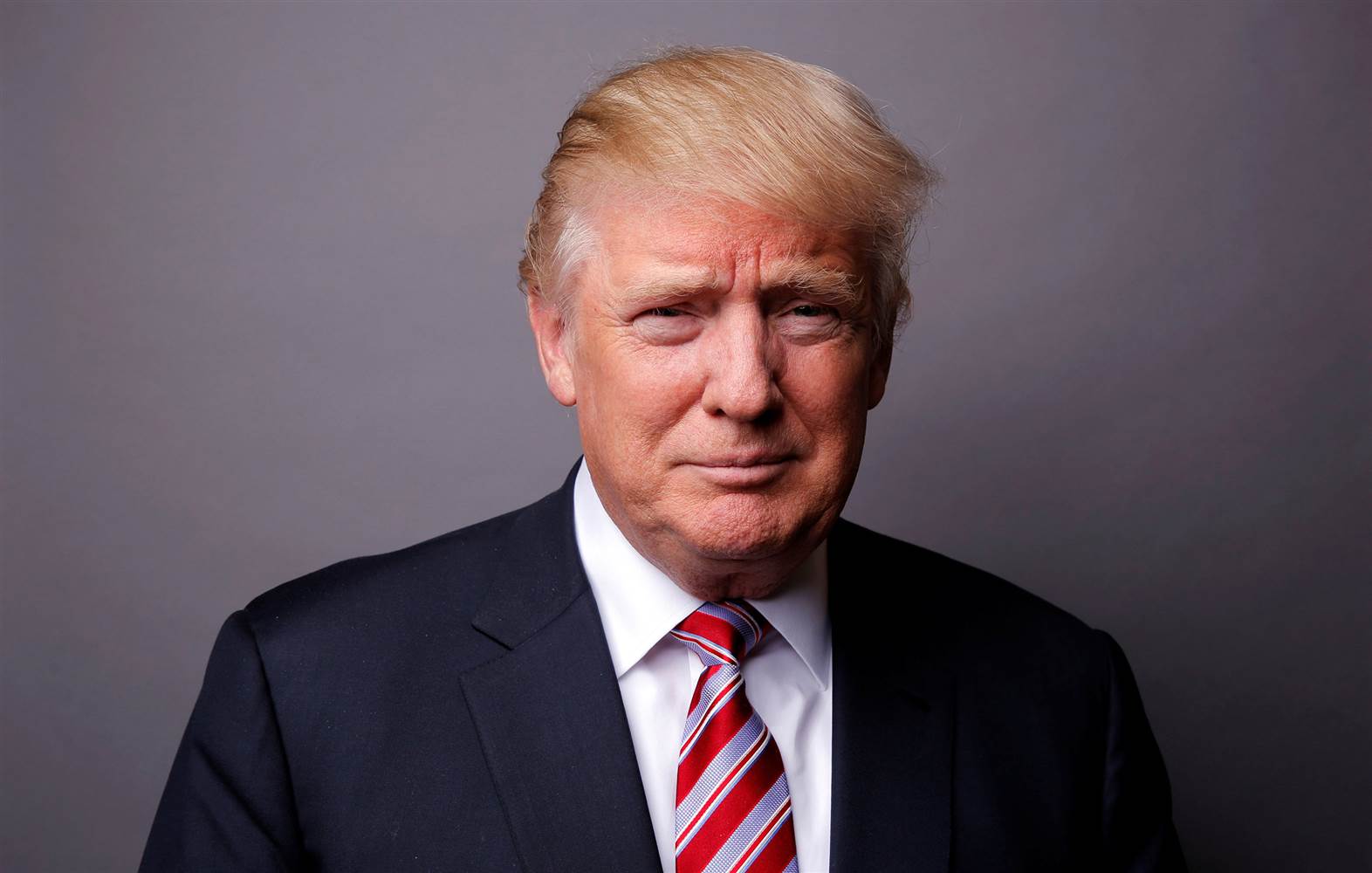Ramadan Ceasefire In Kashmir Meaningless If Media War Continues
I have never seen the electronic media so totally defiant of the BJP government. Home Minister Rajnath Singh’s avowed intention to calm Kashmir by announcing a Ramadan ceasefire appears to have been dismissed as “appeasement of Pakistan and terrorists”.
A guest peering out of one of the six windows on the TV screen was frothing in the mouth. “Murderers of our brave jawans are being shamelessly appeased.” The other went one better: “a brave nation does what the Sri Lankan army did to the LTTE – just finished them off.” The anchor on this Aaj Tak show Thursday evening looked angrier than both. This apparently is common fare.
The Communist Party of India is receiving signals from its Kashmir unit that it may have to rename itself. The ‘I’ in the CPI has been hurting the state unit for quite some time. But after the recent surge in shootings, stone pelting, “encounters”, sustained images of wailing women, trailing the spate of funerals, and relentless media jingoism, the “I” now invites physical danger. True, a defunct party by any name will remain defunct, but even so, Communist Party of Kashmir (CPK) will atleast not incur the wrath of the street.
The relative Ramadan peace is a good occasion to take stock. Even in days of drift in Kashmir during the time of P.V. Narasimha Rao, Atal Behari Vajpayee and Manmohan Singh, there was a semblance of political control by the National Conference and the PDP. Elements of the Hurriyat had fingers on the street pulse. The scene recently has been anarchic: there was no control.
Recent increase in violence was described by reliable sources as “indigenous” which is not what officials say. A narrative which discounts outside “meddling” is not honeyed music to the establishment. Nor to that shrill panel – on Aaj Tak. Ironical, isn’t it, that absence of outside support to the insurgency disturbs us?
Just when Kashmir was at fever pitch, the mayhem in Aligarh Muslim University erupted around the photograph of Mohammad Ali Jinnah.
Friends are in error if they consider the undiluted hooliganism on view in Aligarh an occasion to engage in a serious debate on Jinnah’s culpability in partitioning the country. The hoodlums of Aligarh were not busting their guts to have Jinnah’s portrait removed from the AMU union office. Quite the contrary. Hindu Yuva Vahini would love to provoke Aligarh hotheads to dig their heels in to preserve Jinnah in the university precincts. This will be the ammunition which can come in handy at all times. The campus will be the ordnance depot for frequent explosions in the service of the projected Hindu Rashtra.




